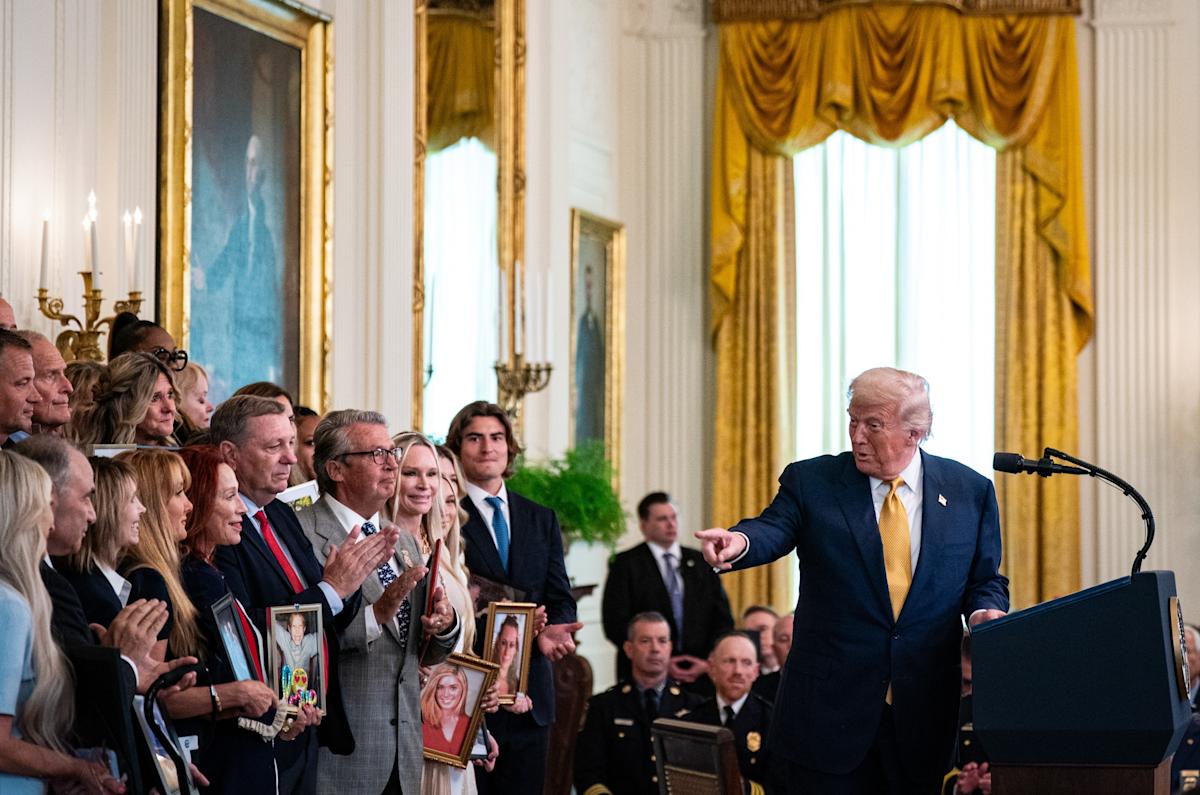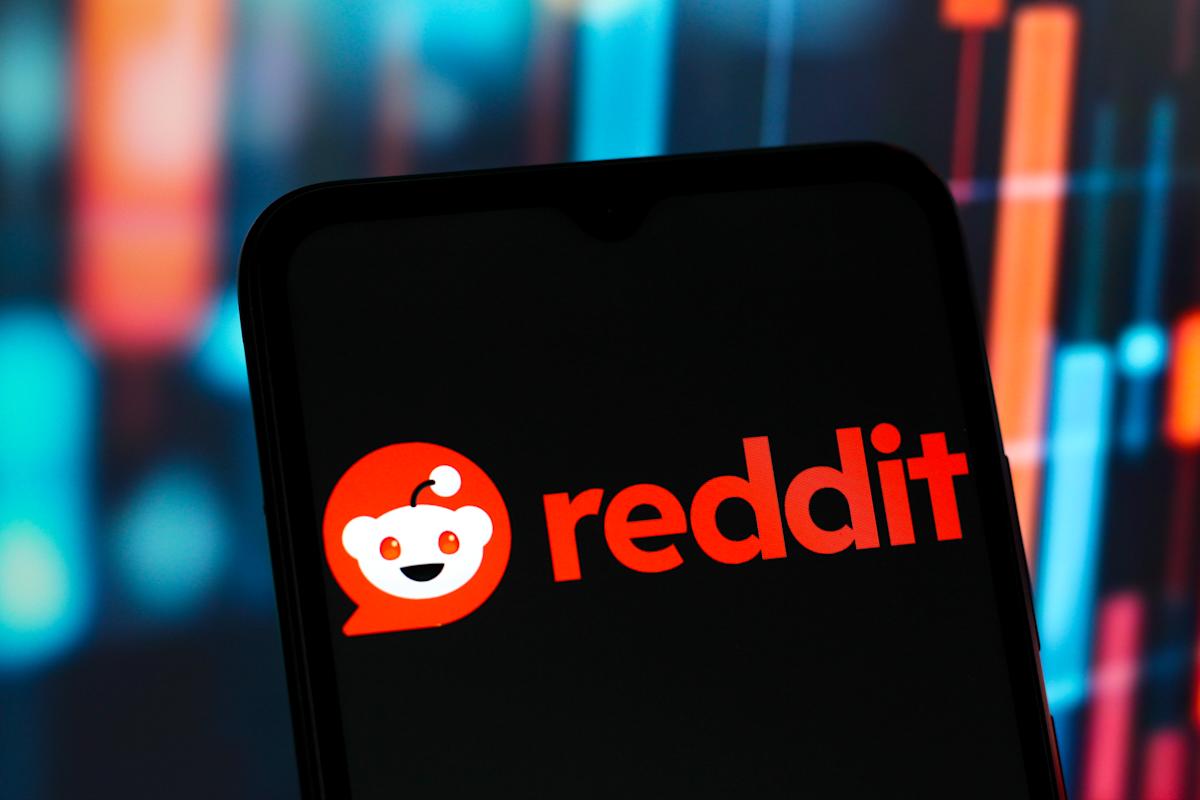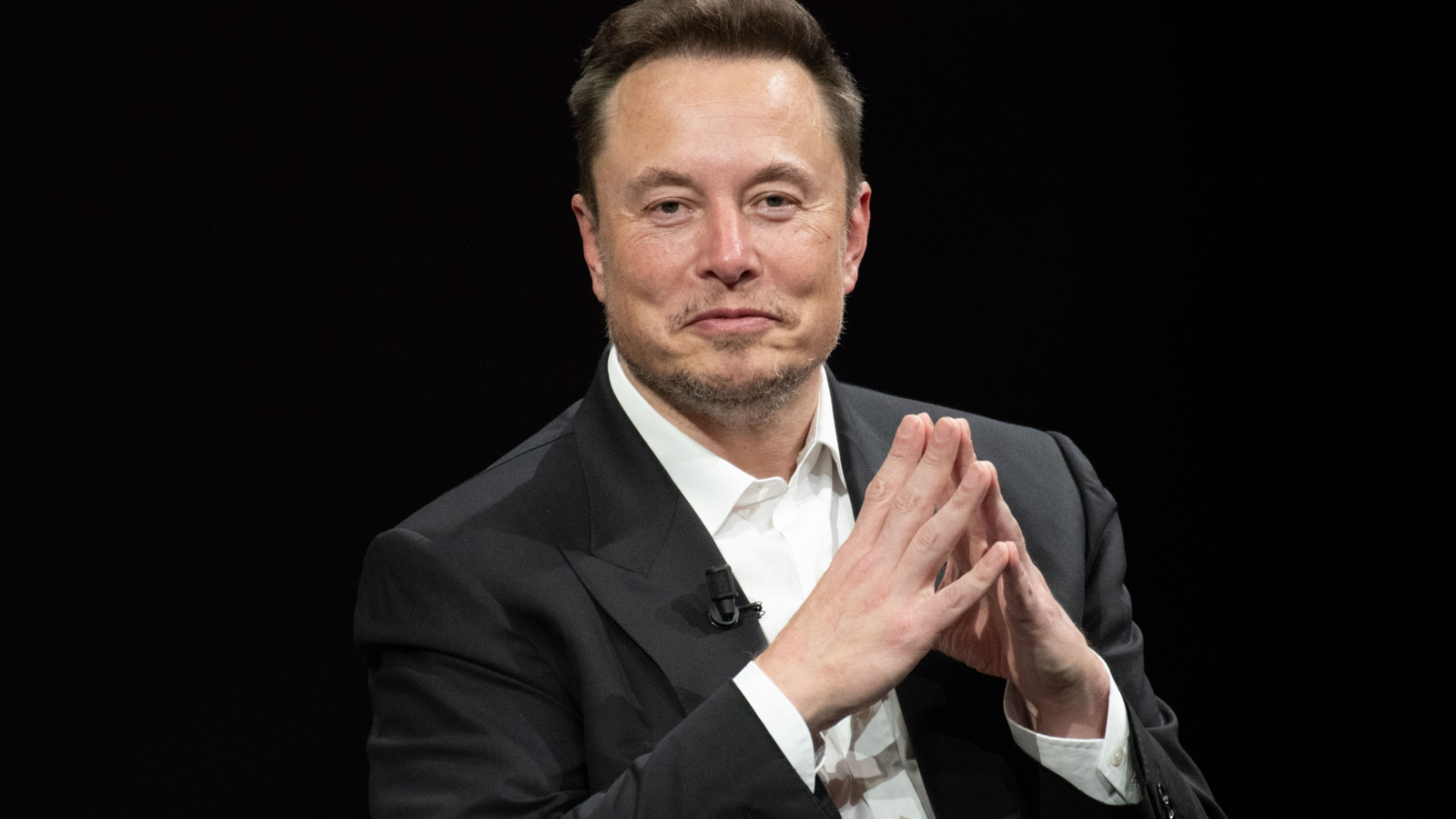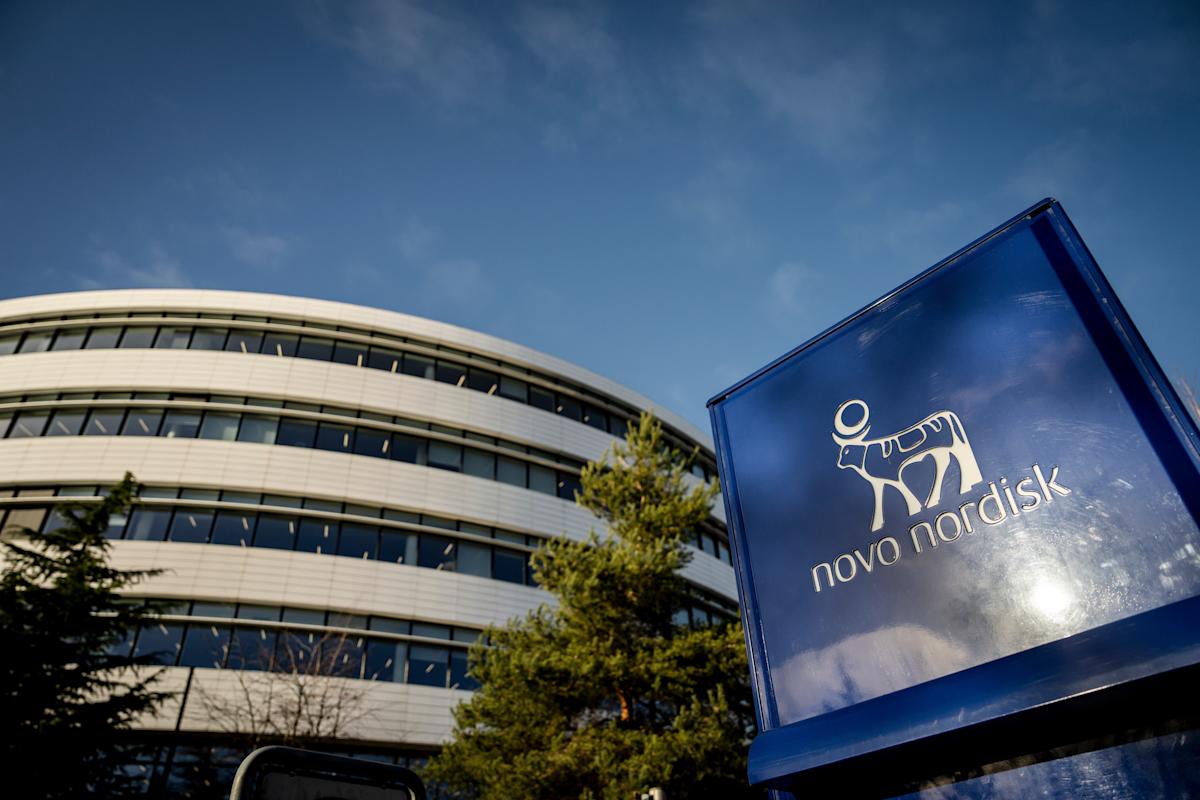
Trump to Evaluate Trade Talks with China and the Artificial Intelligence Chip.


Donald Trump announced that he expects to lower the tariffs on Chinese goods imposed by the U.S. in relation to the fentanyl crisis. As global economic leaders gather this Thursday, Trump also stated that he would discuss the Blackwell artificial intelligence chip from Nvidia Corp. with Chinese President Xi Jinping.
Trump, speaking to reporters from Air Force One, said, “I expect to lower these tariffs because I think China will help us with the fentanyl situation.” However, he did not provide details on the tariff reduction. The Wall Street Journal recently reported that Trump is considering lowering the fentanyl tariff from 20% to 10%.
Trump indicated he is open to granting China access to Nvidia's Blackwell AI processor as part of a trade agreement. This move could be seen as a significant concession and may alarm national security advocates in Washington. Trump stated, “We will be discussing Blackwells,” describing the chip as “great” and well ahead of those available in other countries.
Nvidia's CEO Jensen Huang stated at an event in Washington the day before that the company has not yet applied for sales authorization for the Blackwell AI processor in China. The Beijing government has restricted the company from shipping to the Chinese market.
According to Huang, Nvidia has excluded China from its forecasts, and the company's market share in the country has dropped to zero. Despite Trump agreeing to collaborate, China does not want to purchase Nvidia’s products. Although the U.S. government has appropriately allowed exports of the H20 chip, these shipments have not yet taken place.
China is willing to reduce the customs burden on goods sent to the U.S. A reduction of the fentanyl tariffs by half would bring the average tariff rate on most Chinese goods to around 45%. This could make Chinese goods more competitive with other U.S. trading partners that have benefited from lower tariff rates in recent months.
Last weekend in Malaysia, U.S. and Chinese officials reached an agreement on a broad framework as part of a trade deal. This agreement is expected to pave the way for Xi and Trump to finalize the deal by enabling the recovery of many customs tariffs and fees. The agreement would maintain stable tariff rates on Chinese goods and additionally postpone the introduced restrictions on China's rare earth exports for at least one year.
Trump downplayed the idea that they would bring up the issue of Taiwan, stating, “I don’t know; maybe he wants to ask me.” However, he also added that he is not willing to change U.S. policies regarding Taiwan.
```.png)
Yakında Tüm Platformlarda
Sizlere kesintisiz haber ve analizi en hızlı şekilde ulaştırmak için. Yakında tüm platformlarda...







.png)